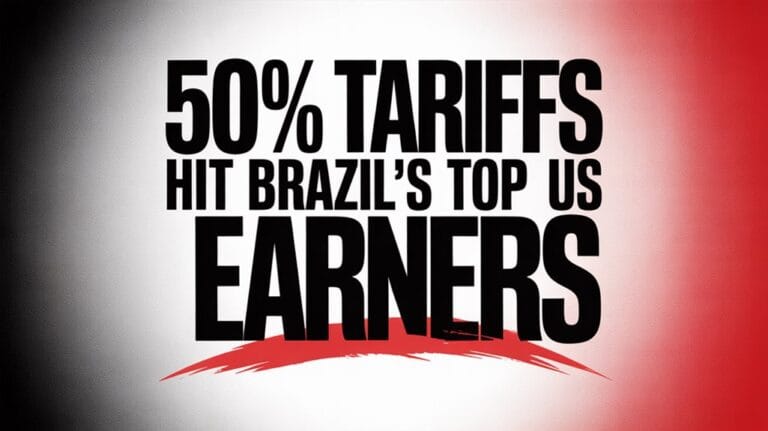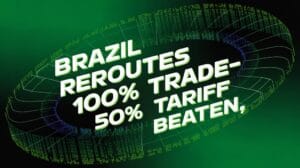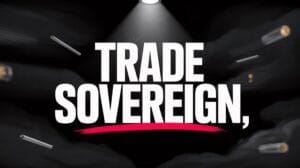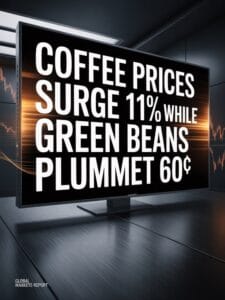A wave of new U.S. tariffs is hitting Brazilian exports hard. Starting April 2025, a 10% tariff was placed on many Brazilian products. A harsher 40% extra tariff will be added next week for selected goods. Over 700 exemptions spare 42% of shipments, including orange juice, nuts, and fertilizers. Yet coffee, beef, tobacco, seafood, cocoa, and sugar now face a combined 50% tariff.
These hikes threaten Brazil’s sales in the United States. Coffee exports alone bring 17% of the money Brazil earns from U.S. buyers. Beef brings 10%, while 56% of seafood shipments are targeted. Early this year, Brazil enjoyed a surge in beef and coffee sales, partly because the U.S. had added fees on other nations. Now that advantage is gone. Markets are watching each step of ongoing trade negotiations to see which product list might change. The breakthrough July 31 exemption list also signals that further carve-outs could still emerge if talks progress.
Coffee, beef, seafood—the very goods that earned Brazil early-year advantage—now carry 50% U.S. tariffs, overshadowing 17% and 10% revenue shares.
Brasília reacted quickly. It has pooled $5.5 billion to cushion exporters. The funds will improve export financing through cheaper government credit lines, subsidized insurance, and direct cash help. The goal is to lower borrowing costs so traders can keep prices attractive even after the extra tariff. Analysts note that export financing expansions often decide which countries keep market share when duties rise.
Some relief already exists. Vehicles, civilian aircraft, and certain metals remain free of new fees thanks to earlier exemptions. These carve-outs protect about half of all Brazilian goods sent north each year. Adding another layer of caution, Washington’s new Section 301 investigation into Brazil’s digital-trade practices, launched July 17, could widen tensions and make future carve-outs harder to secure.
Still, sectors left outside the safe list must adjust fast. Diplomats say they’re still talking, and new retaliatory steps from either side haven’t been ruled out. Observers expect the next stretch of trade negotiations to hinge on how forcefully Brazil deploys its $5.5 billion shield and whether Washington offers further tariff tweaks under its existing exemption rules.





